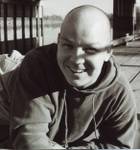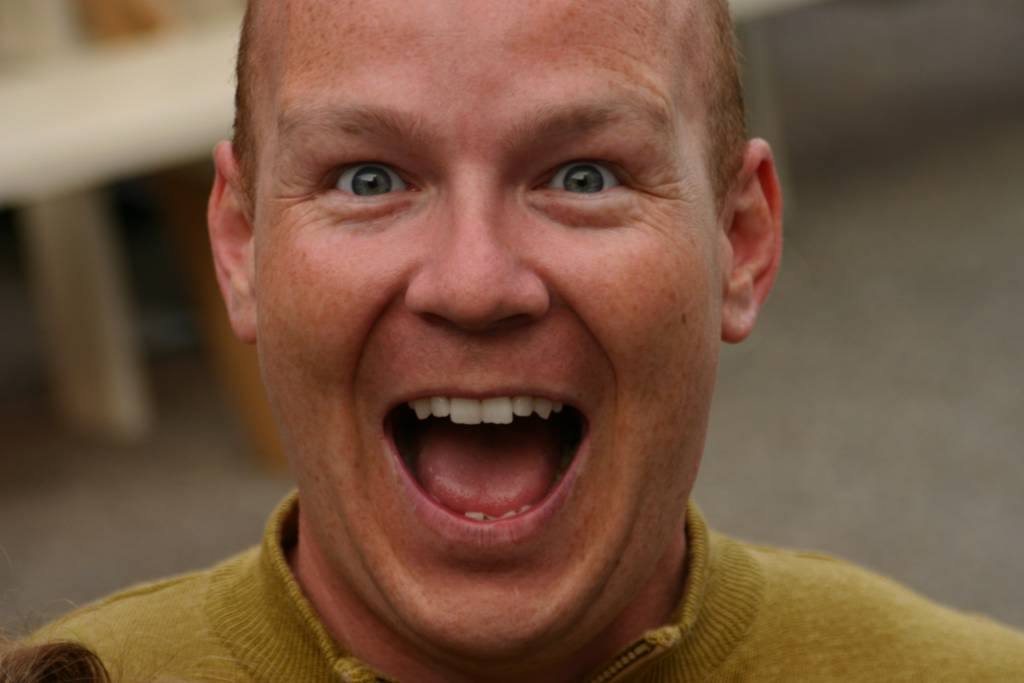INSIGHT

After many years of formal education and theoretical learning I have come to a deeper appreciation and need for insight in my life and work. The word "insight" in many ways speaks for its viability - in-sight - or looking inside. For a long time I perceived myself and others as empty vessels needing filled with information to make effective choices. In recent days I have come to the realization that my worldview was not as helpful as I once perceived, if not extremely inaccurate and presumptuous.
My experience in working with people has led me to see that we are far from empty Tupperware containers that need filled with information. Rather we are complex organisms with unique value systems that rely on an endogenic and subjective conception of knowledge.
This had led me to a deeper life of reflection and use or intuition in my work with people. This does not deny the benefit of objective knowledge but rather allows me to hold the both in some form of tension to discover and select the best choices available to me.
There is significant controversy around being a reflective practitioner and its potential underlying assumption that hidden within the minds (and hearts) of practitioners is a substantial body of knowledge, which if elicited, would put to shame the abstract and desiccated formulations of academics and researchers. (Howard Gadlin, Framing New Directions for Theory from the Experience of Practitioners, P328)
This has certainly caused me to think about how much I believe can be benefited from the tacit knowledge of any individual and how much can be drawn from academics when it comes to practical living and change.
The use of insight has greatly benefited my contribution to the world around me as it has enabled me to listen and explore the views of others while reflecting on my own. It has enabled me to recognize the alignment, or often lack thereof, between my beliefs and my practices allowing more room for dialogue, discovery and growth. It has begun to lead me towards learning how to draw out the strengths and natural gifts of others instead of solely focusing on developing second nature skills. I believe that this is a more humble approach to others as it puts me on the same level with a greater desire to listen and learn.
I like what Grady McGonagill (www.refectivepractioner.com
Journaling thoughts, ideas and inner conflict allows me to come to grips with what is not yet clear for me and helps me to become either more articulate about the process I am experiencing or allows me to ask more effective questions that can bring understanding to my situation.


1 Comments:
ugg,uggs,uggs canada, wedding dresses, louis vuitton, pandora charms, pandora jewelry, louis vuitton, marc jacobs, moncler outlet, moncler, canada goose, supra shoes, canada goose uk, moncler, links of london, moncler, karen millen, moncler, toms shoes, pandora jewelry, doudoune canada goose, replica watches, moncler, juicy couture outlet, moncler, swarovski crystal, canada goose, pandora charms, juicy couture outlet, canada goose, coach outlet, bottes ugg, louis vuitton, ugg,ugg australia,ugg italia, thomas sabo, swarovski, canada goose outlet, montre pas cher, louis vuitton, ugg boots uk, canada goose, hollister, canada goose outlet, sac louis vuitton pas cher, moncler, ugg pas cher
Post a Comment
<< Home